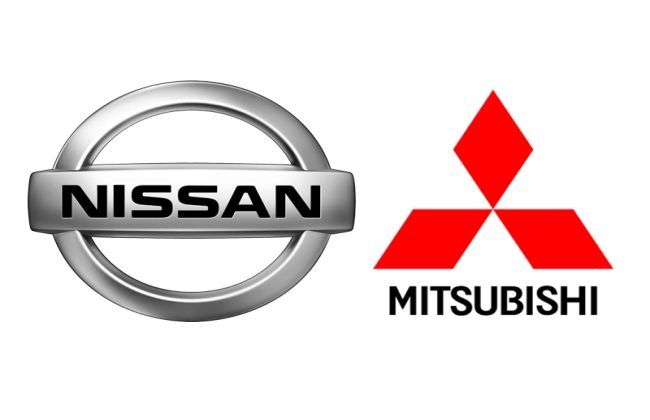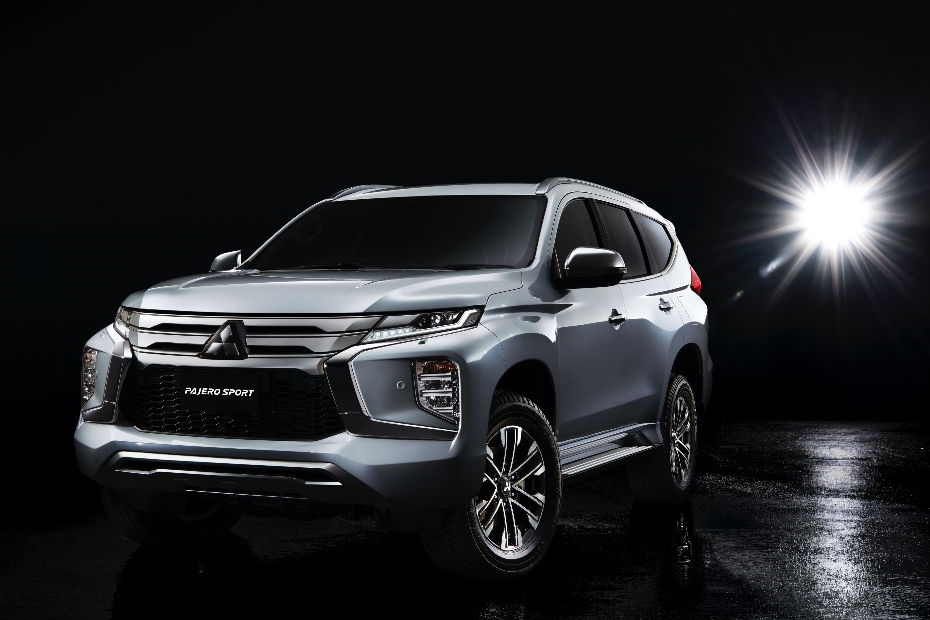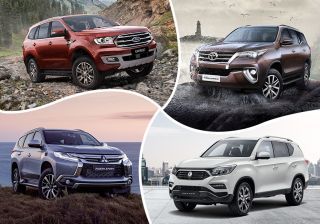Nissan-Mitsubishi Coalition: How It Affects India
Modified On May 17, 2016 04:16 PM By Raunak
- Write a comment
Nissan has now become the largest shareholder in the Mitsubishi Motors Corporation (MMC) and it seems like Carlos Ghosn is a man on a mission to resurrect the Japanese brand globally – India will benefit from the same
Making alliances, sharing technologies and, more importantly, engines and platforms is the way now to thrive in the global auto biz. The best example would be the Franco-Japanese Renault-Nissan strategic merger, an alliance that keeps on breaking new barriers year after year. Mitsubishi is the newest member of this conglomerate. Amidst Mitsubishi’s emission scandals, Nissan declared that it has bought 34 per cent equity stake in Mitsubishi for 237 billion yen (nearly INR 14,000 crore) a few days ago.
How will it affect Mitsubishi in India? That is what we will figure out in this article. Mitsubishi in India has a very patchy history. The automaker entered the market in the late ’90s with the Lancer, which went on to become its bread-and-butter product for years. The next-generation Lancer – or the Cedia, as it was popularly called – did not do as well as expected despite having a very good engine and handling package, as well as good looks. Besides the Lancer, it is only the Pajero range that has still survived in the country from Mitsubishi.

The Outlander, despite being a very potent product, did not do well since it lacked a diesel option. The Japanese automaker has tied up with Hindustan Motor since its inception but, sadly enough, the manufacturer did not support MMC much, apart from providing it a plant to assemble vehicles. But with Nissan being roped in, the situation might turn around since the automaker has fairly decent operations in the country compared to Mitsubishi.
What could possibly work in Mitsubishi’s favour in India?

Renault-Nissan’s Plant
The Renault-Nissan alliance’s Chennai plant was its first joint facility in the world and is capable of producing Renault and Nissan vehicles in the same line. The plant has a production capacity of 400,000 units annually and was opened in March 2010.

Now, Nissan and Mitsubishi have agreed to cooperate in areas including common vehicle platforms, technology-sharing and joint plant utilization. It is very obvious that the two, including Nissan’s French partner Renault, will share platforms, engines and tech with each other. So don't be surprised to see Mitsubishi's future vehicles being produced at Renault-Nissan’s Chennai plant instead at a Hindustan Motors facility! This will in turn help Mitsubishi launch more products in the country besides the Pajero Sport in the near future.
Downsized turbo petrol engines and 1.5-litre dCi for Mitsubishi

The Renault-Nissan alliance hasn’t launched downsized turbocharged petrol motors in the country, which are presently offered in other markets. However, the Indian market is ready for these type of motors, with engines like VW’s 1.2 TSI and Ford’s 1.0-litre EcoBoost already available and the 1.0-litre Boosterjet coming soon from Suzuki. This makes us hopeful that the alliance will introduce similar engines soon. If introduced, the engines will certainly find their way into Mitsubishi cars, including a Mitsubishi version of Renault-Nissan’s popular 1.5-litre diesel engine.

Onslaught of crossovers

It is pretty obvious that crossovers/compact SUVs will soon come to dominate the automobile market worldwide. Their reign has already started. And last year there were reports that Mitsubishi will focus on crossovers and SUVs henceforth. Also, the Renault-Nissan alliance also has a dominant presence in the crossover market globally. We believe that all three together can make it rain crossovers in the world market, including in India.
Service Support
The Nissan backing in India will also mean much better service support for Mitsubishi cars in India once they actually start sharing platforms and tech. The joint approach could also mean a resurgence of the brand in India since after-sales service is one of the most important factors that govern the decision of most Indian buyers while considering a new car.

All in all, the acquisition of Mitsubishi by the Renault-Nissan alliance is a good thing for India and for the world as all three brands bring a plethora of car-making knowledge – both conventional and modern/eco-friendly tech – to the table. Expect a lot of hybrids and smart tech from this automotive conglomerate in the near future.
Also Read: 2016 Mitsubishi Pajero Sport / Challenger Finally Unveiled
Read More on : Pajero Sport india
















